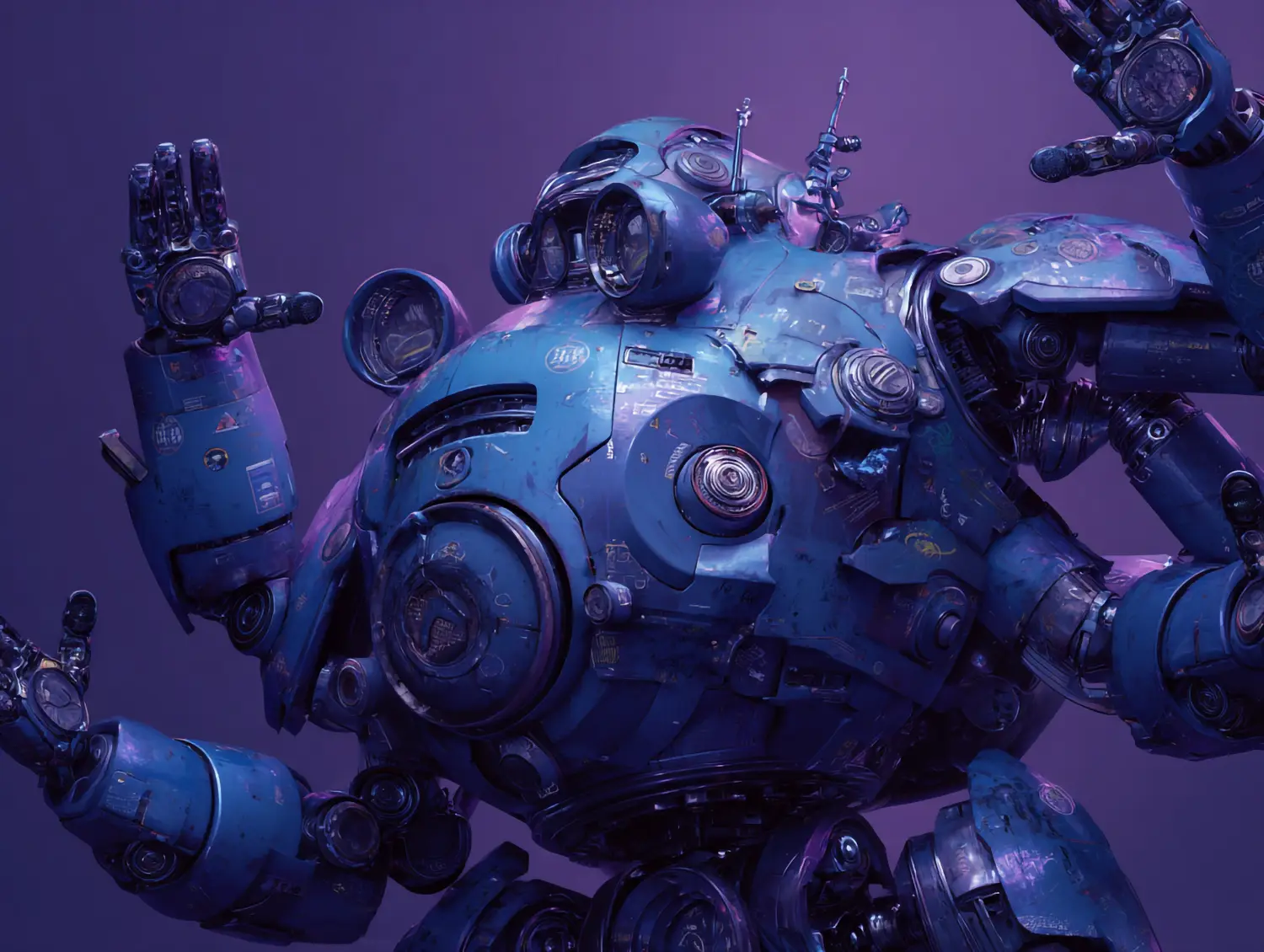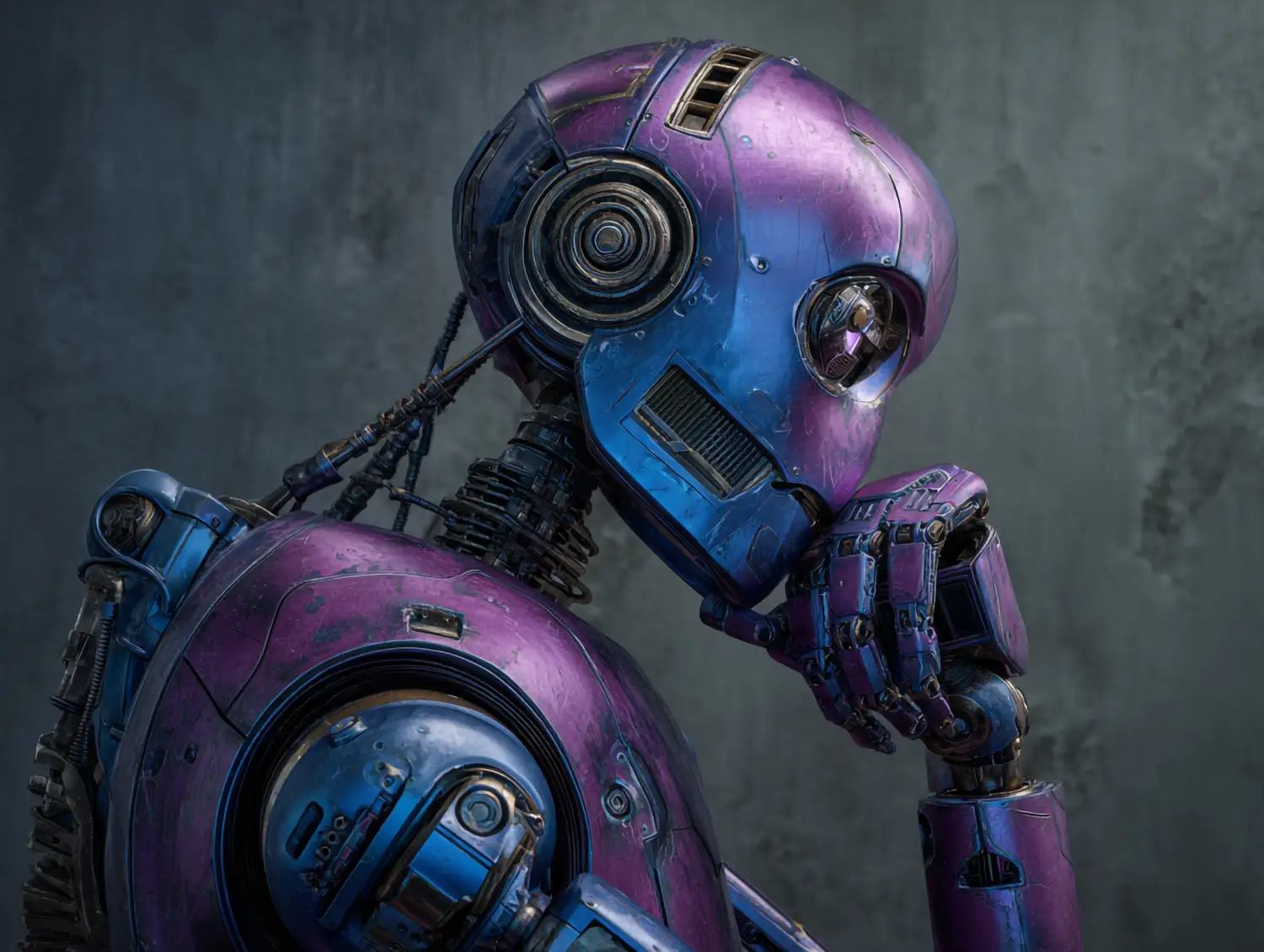AI in the working world: opportunities and challenges

The introduction and integration of artificial intelligence (AI) in the world of work has far-reaching effects on the labor market. Companies and employees are facing new challenges and opportunities. In this article, we look at how AI is changing the world of work and what long-term effects can be expected.
What is artificial intelligence and why is it relevant for the world of work?
Artificial intelligence refers to systems or machines that display human-like intelligence, including learning, planning, and problem-solving skills. In the working world, this means that machines can increasingly take on tasks that previously required human intelligence. This includes everything from automating simple processes to analyzing large amounts of data.
Opportunities for the job market
- Increasing efficiency: AI can complete repetitive tasks faster and more precisely, resulting in a significant increase in efficiency.
- error reduction: The use of AI minimizes human errors, which improves the quality and reliability of processes.
- data analysis: AI can analyze large amounts of data and provide valuable insights that can be used for strategic decisions.
- cost reduction: Through automation, companies can reduce their operating costs, which leads to higher profit margins.
Challenges and risks for the world of work
Despite the many benefits, integrating AI also entails challenges and risks:
- job loss: One of the biggest concerns is job loss due to automation. In particular, activities that are routine and easy to predict are at risk.
- Skill gap: Demand for highly-skilled workers is increasing, while lower-skilled workers may struggle to adapt.
- Ethics and data protection: The use of AI raises questions about ethical use and data protection. It is important to develop clear guidelines and regulations.

Long-term effects on the labor market
The long-term effects of AI on the labor market are complex and diverse. AI is expected to both create new jobs and transform existing ones. Here are a few potential developments:
- New jobs and industries: AI development will create new professions and industries that do not yet exist today.
- Adaptation and training: Workers must continuously train and learn new skills to keep pace with technological changes.
- Flexibility and remote work: AI enables more flexible working models, including remote work and flexible working hours.
How companies and employees can prepare
In order to make the most of the benefits of AI and to minimize risks, both companies and employees should act proactively:
undertakings:
- Invest in AI technologies and integrate them into business processes.
- Provide training programs to prepare employees to use AI.
- Development of ethical guidelines for the use of AI.
worker:
- Continuous education and acquisition of new skills in technology and data analysis.
- Openness to change and willingness to adapt new working methods.
- Collaborate with AI and use its benefits to increase your productivity.

FAQ: Frequently asked questions about AI in the working world
Which occupations are most threatened by AI?
Jobs that involve routine and repeatable tasks are at greatest risk from automation. This includes, for example, activities in production, simple administrative tasks and certain services.
Can AI also take on creative professions?
Although AI is making progress in the area of creativity, human creativity remains unique. AI can support creative processes, but it cannot completely replace them.
How can workers best prepare for changes brought about by AI?
Workers should receive continuous training and be open to new technologies and working methods. Flexibility and a willingness to learn new skills are crucial.
Conclusion: The future of work in the era of AI
Artificial intelligence will fundamentally change the world of work. While challenges such as job loss and ethical issues exist, AI also offers immense opportunities for efficiency gains, new jobs and innovative business models. Companies and workers alike must prepare and adapt to make the most of the benefits of AI and minimize risks. The KI Company is at your side as a competent partner and helps you to overcome the challenges of digital transformation. Contact us for more information and advice.
Bereit bessere Ergebnisse mit ChatGPT & Co. zu erzielen? Jetzt Prompting-Guide herunterladen und Qualität der KI-Ergebnisse steigern.
More articles from our AI blog
Discover more insights into the fascinating world of artificial intelligence.



